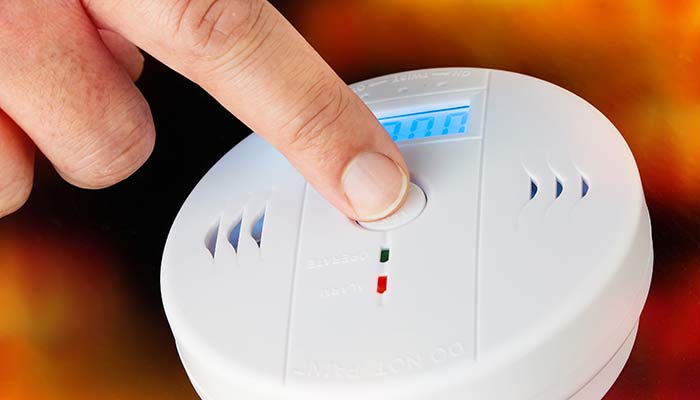
In October, the National Fire Protection Association reminds us to think about fire prevention and check our smoke alarms.
People over 65 are twice as likely as others to be killed or injured by fires.
Follow these steps to protect your loved one:
Prevention
Check that your relative does not
- overload electrical outlets when space heaters or other appliances are plugged in;
- wear clothing with loose sleeves when cooking;
- store flammable items (paper towels, towels) near the stovetop;
- leave the room when something’s on the burner;
- leave grease on the stove after cooking;
- use the oven or an iron without setting a timer.
Alarm systems
Most of the fires that result in death occur at night. We don’t smell smoke in our sleep! In fact, smoke tends to make us sleep deeper. That’s why alarms are so important. Test batteries once a month. Replace them once a year. Also, check for an automatic sprinkler system if your relative moves into a new house or apartment.
Plan for an emergency
- Identify two possible exits for each room (doors? windows?).
- Designate two people to look out for your relative, especially if he or she might need assistance with evacuating.
- Check with local emergency responders to see what information they keep on file about special needs: person sleeping on the second floor, oxygen in the home, need for mobility assistance, hard of hearing, dementia.
Practice the plan
Now and then, check to be sure your loved one can still do what’s needed. If not, alter the plan. Can he or she
- easily open windows and doors? Ensure they are not blocked, or painted or nailed shut;
- unlock security bars on doors or windows? Practice using the quick-release feature on the inside;
- call for help right away? Practice calling 911 and asking for help.

